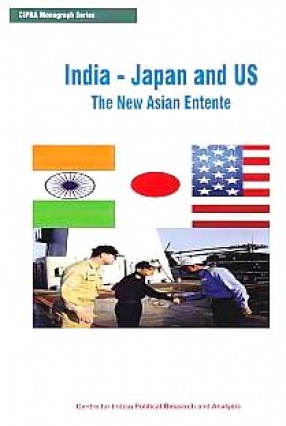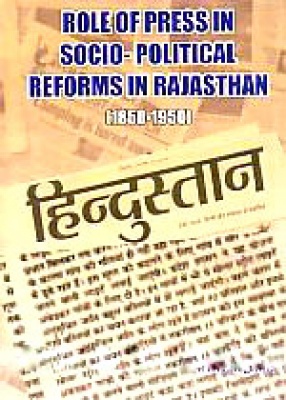The present study is an in-depth, micro-level anthropological demographic study of a ‘tribal group’ namely the Chenchus, a fast transforming hunting and food gathering peoples inhabiting South India. Using ethnographic approach, the author describes the fertility bheaviour of the Chenchus by blending quantitative demographic information and qualitative socio-cultural information. The process of reproduction, conceptually conceived under four consecutive stages, is depicted as socio-cultural process. Quantitative demographic information is analysed in appropriate way and lucidly explained. The results are discussed in comparative perspective rendering immense anthropolgical significance. The study brings out distinctive features of fertility behaviour and show how these reflect a hunting and food gathering way of life socio-economic incentives and disincentives of having more children are discussed in the traditional context and changing conditions.
India, Japan and US: The New Asian Entente
$149.40
$166.00




There are no reviews yet.